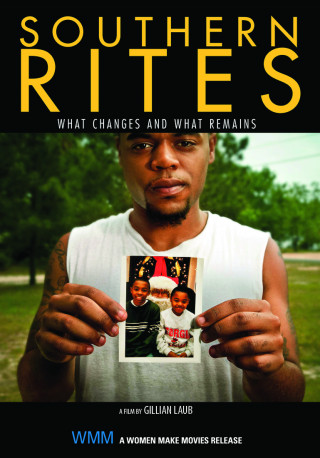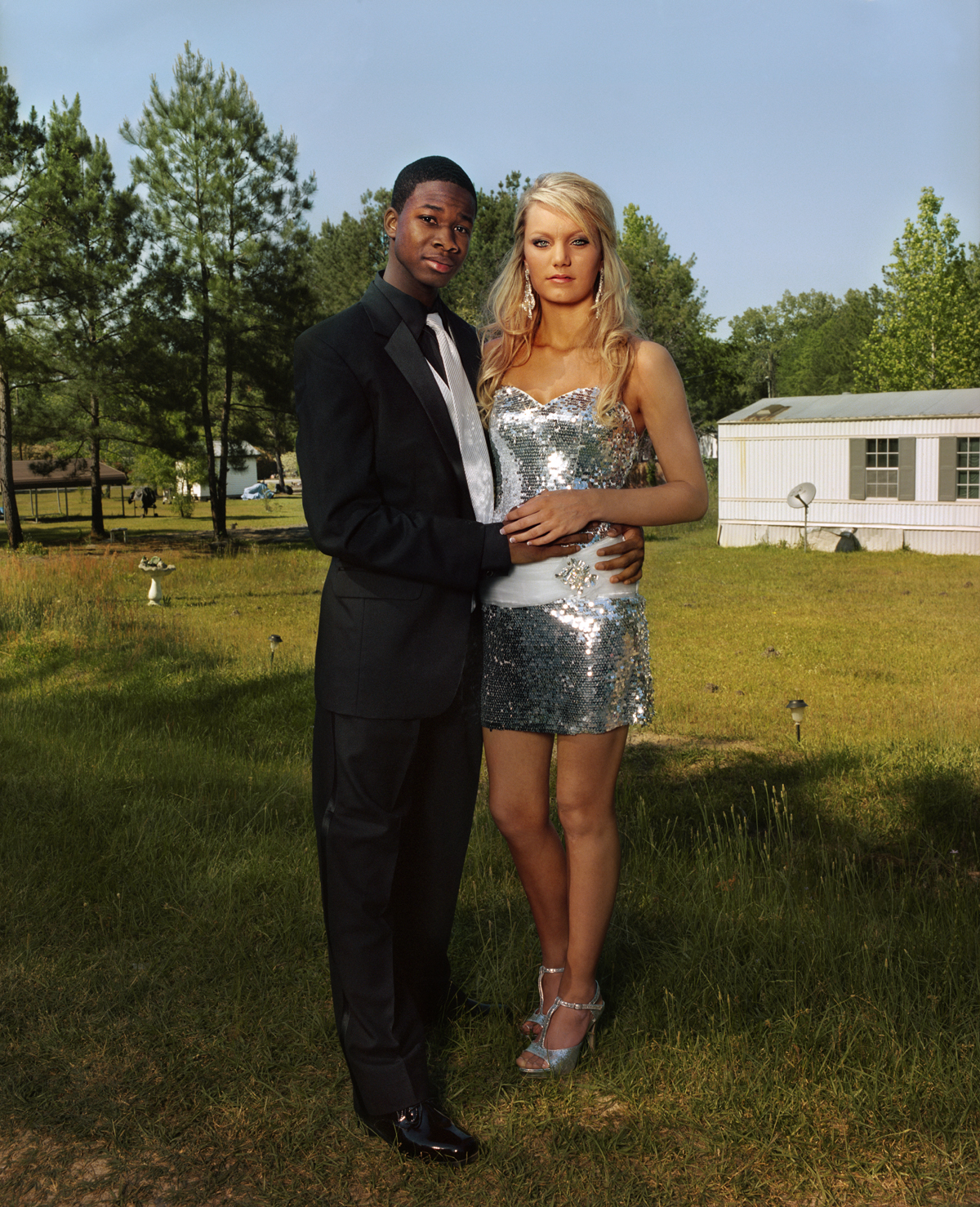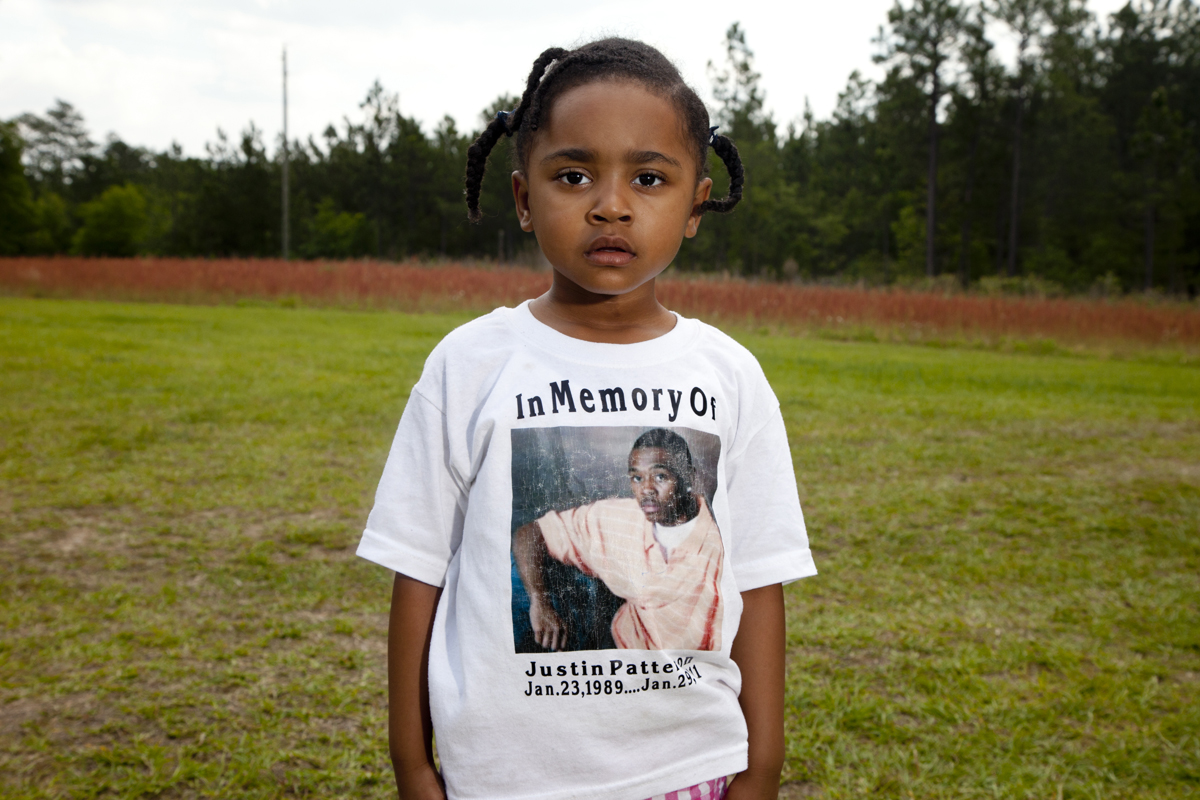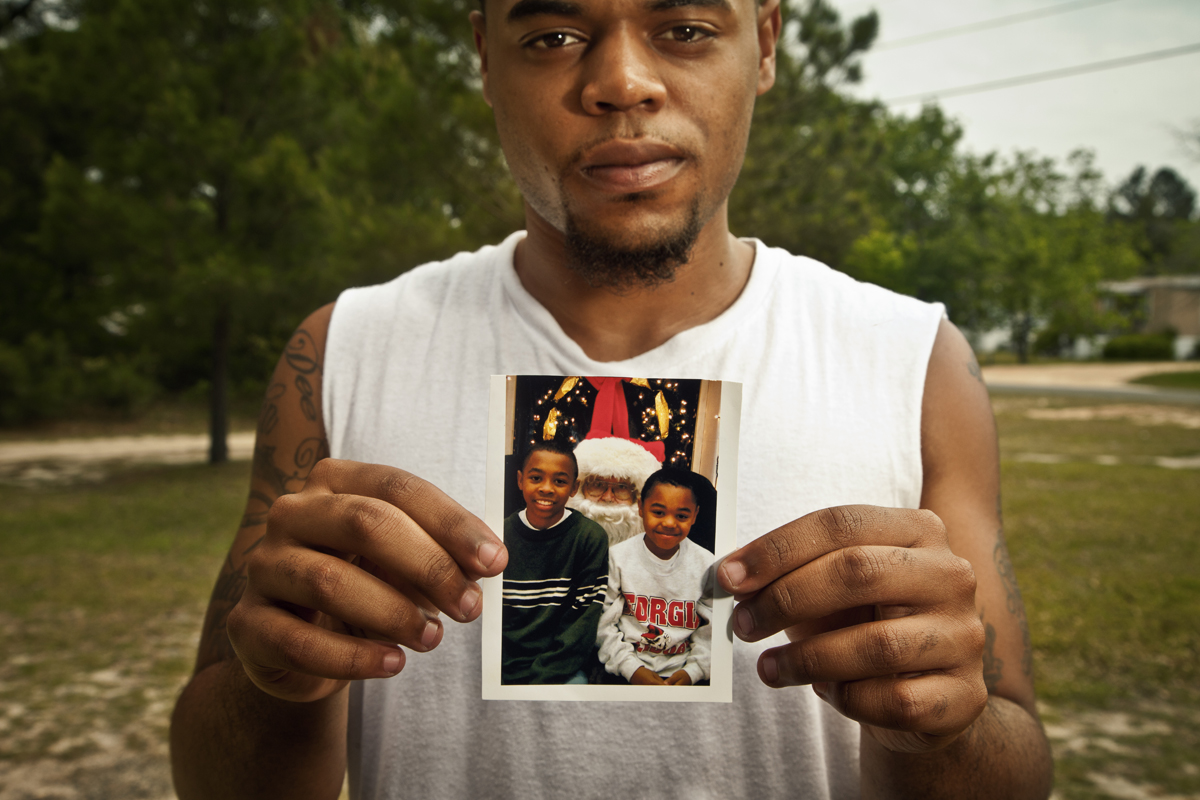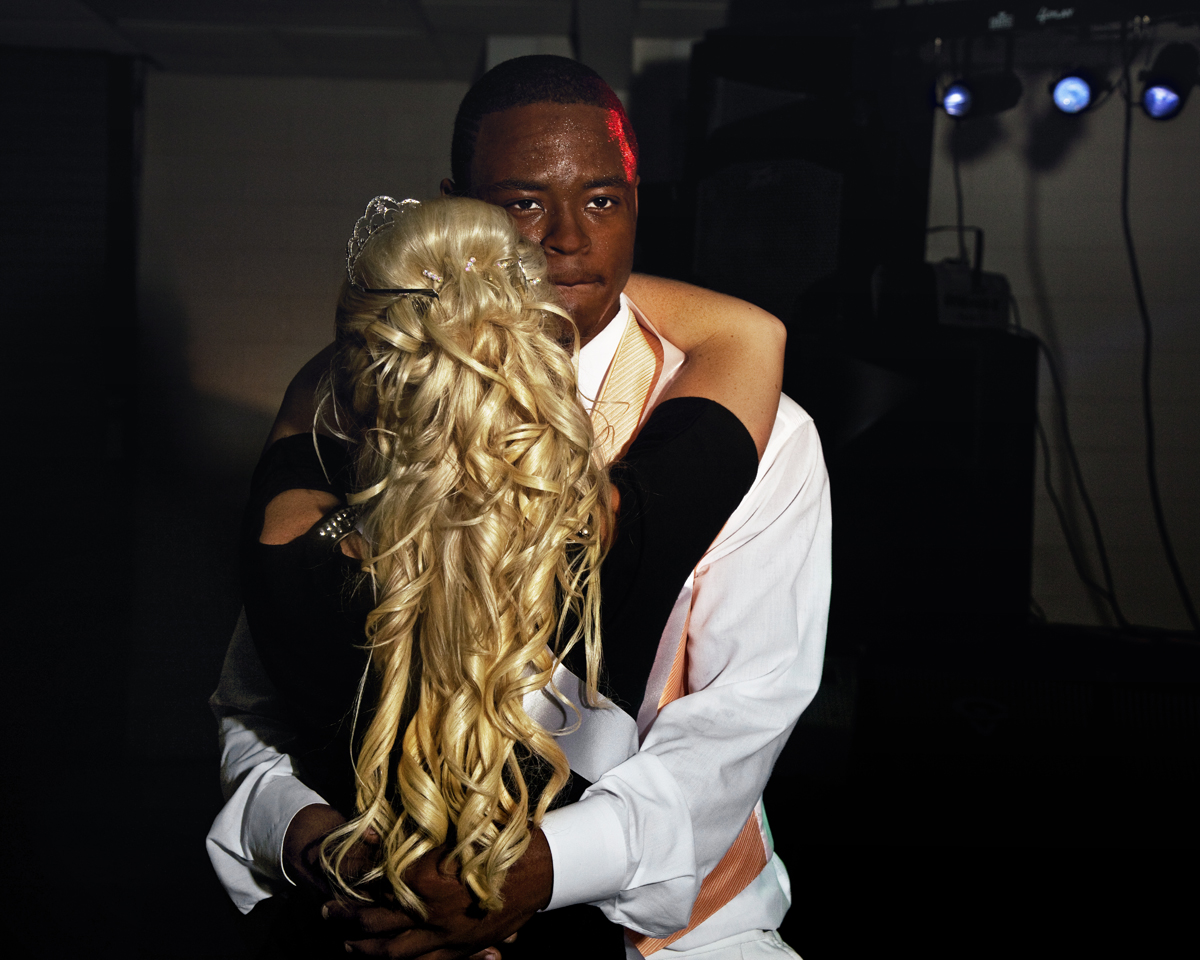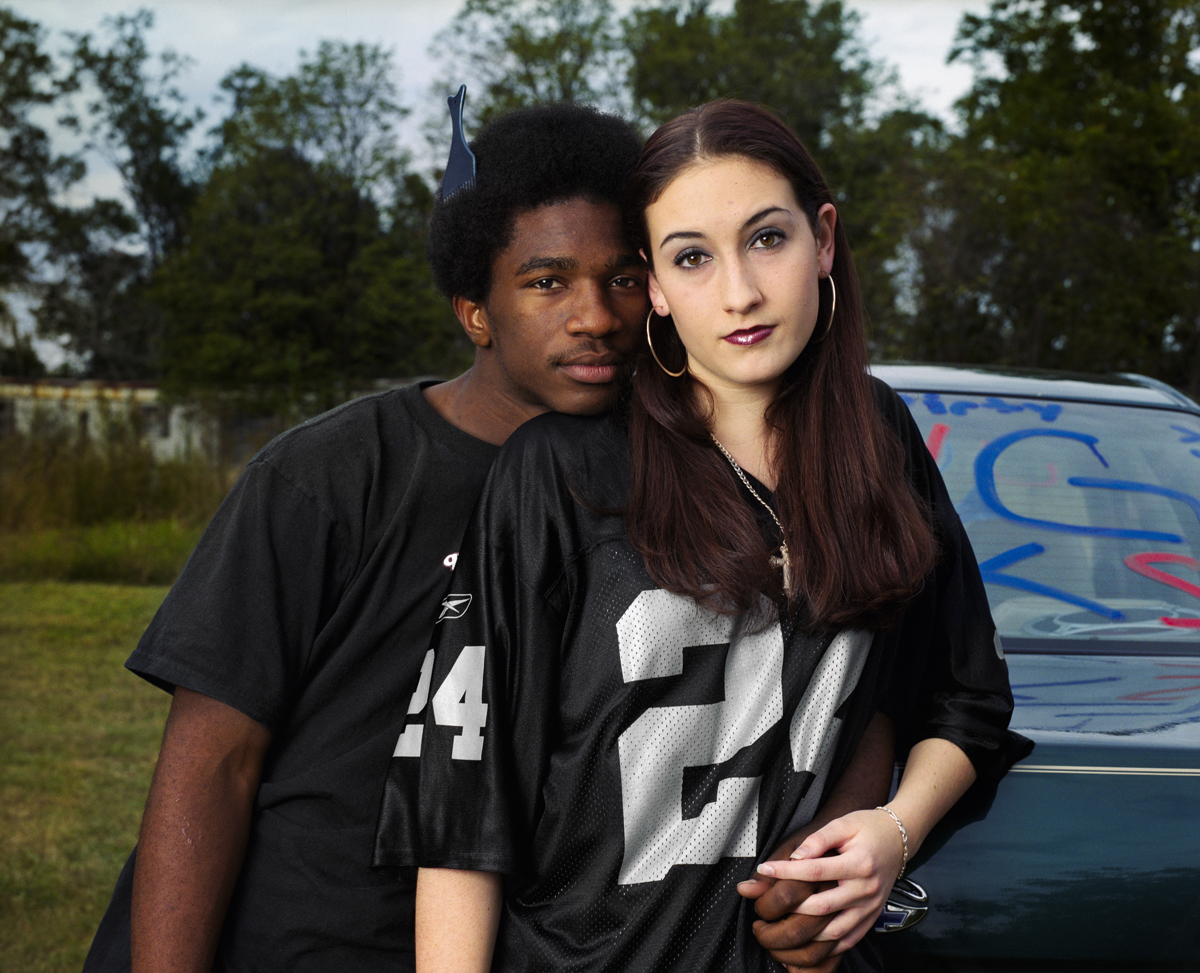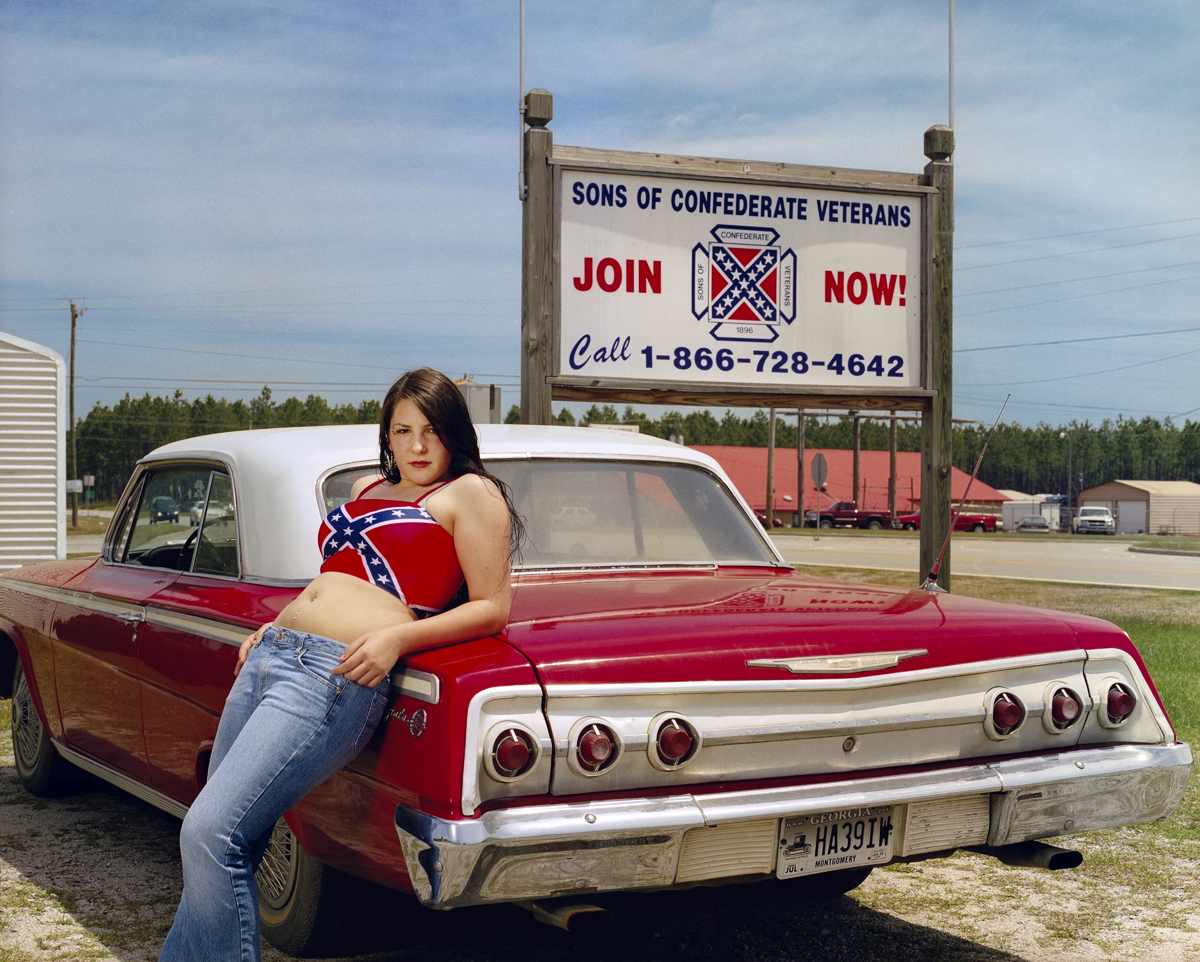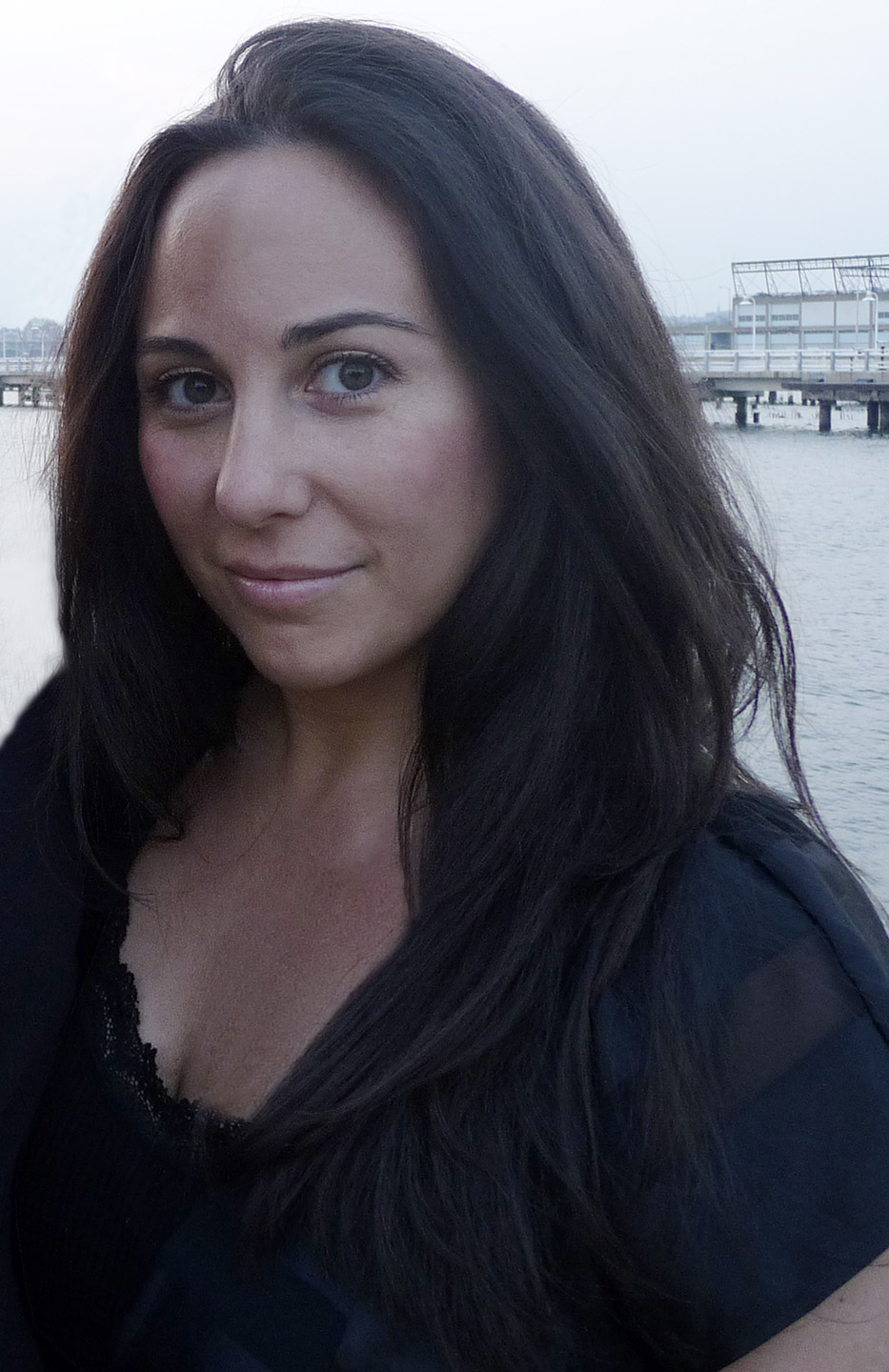SYNOPSIS
SOUTHERN RITES documents one town's painful struggle to progress while confronting longstanding issues of race, equality and justice. Through her hauntingly intimate portrait, Laub reveals the horror and humanity of these complex, intertwined narratives, a chronicle of their courage in the face of injustice. Laub’s film captures a world caught between eras and values with extraordinary candor and immediacy— and ultimately asks whether a new generation can make a different future for itself from a difficult past.
PRESS
“Riveting...In a calm, understated tone, Southern Rites digs deep to expose the roots that have made segregated proms and other affronts possible. [The film] is a portrait of the inequities that lead to disaster on the streets of cities like Baltimore and Ferguson, Mo.”
“This excellent documentary puts a small Southern county beset by racial tensions under the microscope.”
“It’s a whirlwind of intimate drama and thought-provoking questions, about racial politics, human compassion, and confusing injustices.”
“A timely and meaningful film.”
“This documentary is at similar times heartbreaking, but incredibly affecting.”
“This seminal project becomes so much more than a story about segregated proms, but a larger story exploring the racial divide in the community and criminal justice system.”
SCREENING HIGHLIGHTS AND AWARDS
- Tribeca Film Festival
- Hot Docs International Canadian Documentary Festival
- Atlanta International Documentary Film Festival
- National Center for Race Amity Conference
- Big Sky Film Festival
ABOUT FILMMAKER(S)
Gillian Laub is a photographer and filmmaker based in New York. She studied at the International Center of Photography where her love of storytelling and family narratives began. She received the Nikon’s Storyteller Award for her work in the Middle East that resulted in her first monograph, Testimony (Aperture 2007), to critical acclaim. This body of work is comprised of portraits and interviews from Israeli Jews, Israeli Arabs and Palestinians all affected by the Second Intifada. Laub is a recipient of the Aaron Siskind Fellowship and Jerome Foundation Grant. She is represented by Benrubi Gallery and contributes to many publications such as TIME and The New York Times Magazine. Her work is widely exhibited and collected. In conjunction with Laub’s first feature documentary film Southern Rites (HBO 2015), there is an accompanying book (Damiani 2015) and traveling exhibition with the same title. (3/16)

